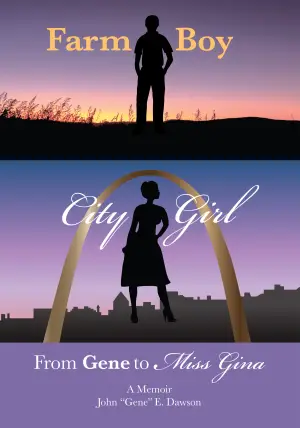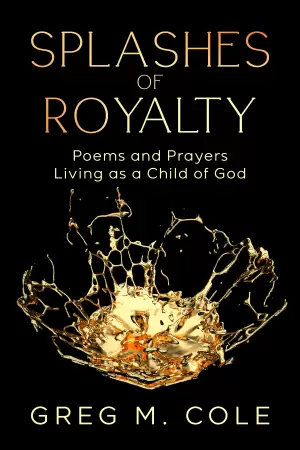A Heartfelt Journey Through Love and Resilience: A Review of A Palavra Que Resta
As soon as I encountered Stênio Gardel’s A Palavra Que Resta, I knew I was in for something special. The delicate interplay of memory, love, and societal struggle resonated deeply, piquing my interest not only as a reader but as a human navigating the complexities of identity. Awarded the 2023 National Book Award for Translated Fiction, this novel is a stunning exploration of first love and the enduring shadows it casts across our lives.
At the heart of the narrative is Raimundo, a character who embodies the struggle of so many: grappling with love while navigating the harsh realities of homophobia and societal rejection. His journey is profoundly moving—having spent his life running from pain, he finds himself in the twilight years yearning to decipher a letter from his first love, Cícero. This letter serves as more than just words; it’s a symbol of the love that dared not speak its name, mirroring the ways in which many queer relationships have had to exist in silence.
Gardel’s storytelling is a tapestry woven from rich, poetic prose, seamlessly jumping through time and perspective, which can occasionally leave the reader breathless—much like the characters themselves. The translation by Bruna Dantas Lobato is nothing short of exquisite, enhancing the lyrical quality of Gardel’s work while maintaining its emotional depth. This is not just a reading experience; it is an emotional journey that invites contemplation.
One of the standout themes is the complexity of shame, particularly within the context of family and acceptance. Raimundo’s father, who represses his own emotions with violence, becomes a troubling mirror for Raimundo’s internalized homophobia. The heartbreaking reality is encapsulated in a poignant quote: "Shame makes up a large part of the novel, the way the father ‘only saw my shame.’” It’s a stark reminder of how love and acceptance can be overshadowed by fear and prejudice.
There are moments of sheer beauty woven throughout, like the delicate imagery of words transforming into flights of poetry. “Words are stretched…they fly, like the bird, the bird that can hear loud silences.” This resonated with me profoundly; the idea that language holds the power to liberate us reflects the core of the human experience. It’s a beautiful juxtaposition against the idea of love—how it can both elevate and confine.
But what truly captivated me was Gardel’s tender approach to love. The novel suggests that love can be transformative despite the weight of societal expectations. When Raimundo declares, “a man liking another man is not a death sentence, it’s a life sentence, full of life,” I felt a surge of hope, as if the weight of shame was being lifted right alongside him. The promise of resilience blooms through every heartbreak, making the journey one of redemption and self-acceptance.
In conclusion, A Palavra Que Resta is a masterpiece that will resonate with anyone who has ever grappled with love, identity, and societal norms. I wholeheartedly recommend this poignant novel to readers seeking a deeply moving exploration of queer love and human resilience. It’s a work that invites reflection and, above all, reminds us that even amidst sorrow, there is profound beauty to be found in the act of simply being. This book left me with a renewed appreciation for the resilience of the human heart and a gentle nudge to seek out the words that remain within us all. 🌈💖
Rating: 4.5/5














